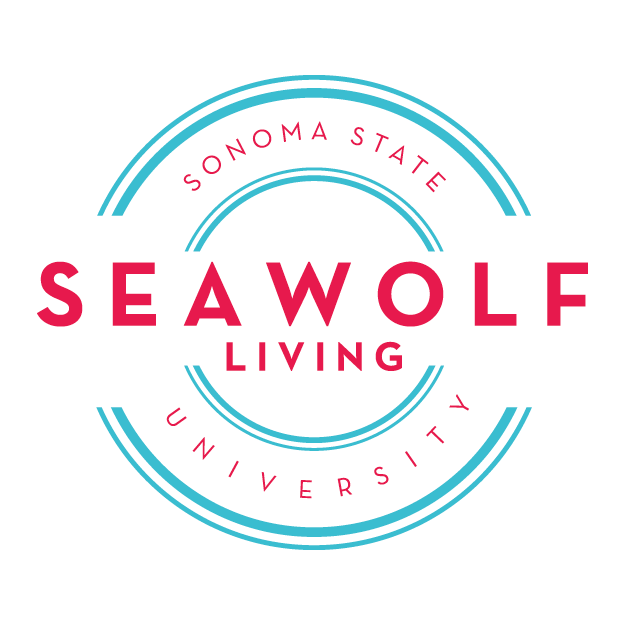Tips to Perfect Your Resume
Everyone will have to create a resume at some point or another in their life. So - what is a resume? A resume is a professional document that provides a snapshot of who you are: your skills, your education and experiences, and your relevant qualifications. Snapshot is key, because your resume should not end up being a long list that contains everything you have ever done. It’s important to tailor your resume for each job you apply to. It's crucial to take the time to read through a job description - identify language that sticks out, keywords that are repeated, and skills they are looking for - and customize your resume to promote your matching skills and traits throughout your resume.
Good resume writing is not formulaic. This allows you to highlight your skills and package your experiences in an individualized, unique, and impactful way.
Remember - your resume is not meant to get you the job (yet) - it is first meant to get you an interview!
What should I include on my resume?
For students and recent graduates, your resume should be no longer than one page. It is important to use consistent formatting (selective use of bold, italics, and capitalized text), and to balance all text across the page (you don't want too much white space on your resume). We know from a recent study that recruiters spend an average of 6 seconds looking at a person’s resume, so it is crucial to use space wisely, prioritize information, and ensure that your resume is skimmable and easy to read.
Your resume should always include the following sections:
Name and Contact Information - full name, phone number, email address (optional: street address; LinkedIn URL)
Education - school, degree/program, major, anticipated graduation date
Experience - work experience (full-time or part-time), internship experience, volunteer work, or community service
In addition, here are other sections you can include on your resume:
Professional Summary or Objective Statement (optional)
Leadership positions, extra-curricular activities (clubs, sports, societies, etc.)
Academic awards or honors
Skills - Are you bilingual? What computer programs are you an expert in?
Don't include references on your resume
Don't know where to start? Use the guide below as a starting point to write your resume. For current students and recent graduates, your education section should always be at the top of your resume.
We suggest to avoid using pre-made resume templates that are found online or in Microsoft Word. Templates are not always formatted correctly, and can be hard to edit or customize. You should start your resume from scratch so that you can edit it easily and as needed. Though crafting a resume takes time, it will be worth the investment when employers notice that your resume stands out from the rest.
Helpful Resources from the Career Center:
Have questions? Visit the Career Center or stop by the Pop Up event or the Drop in Resume Review.
